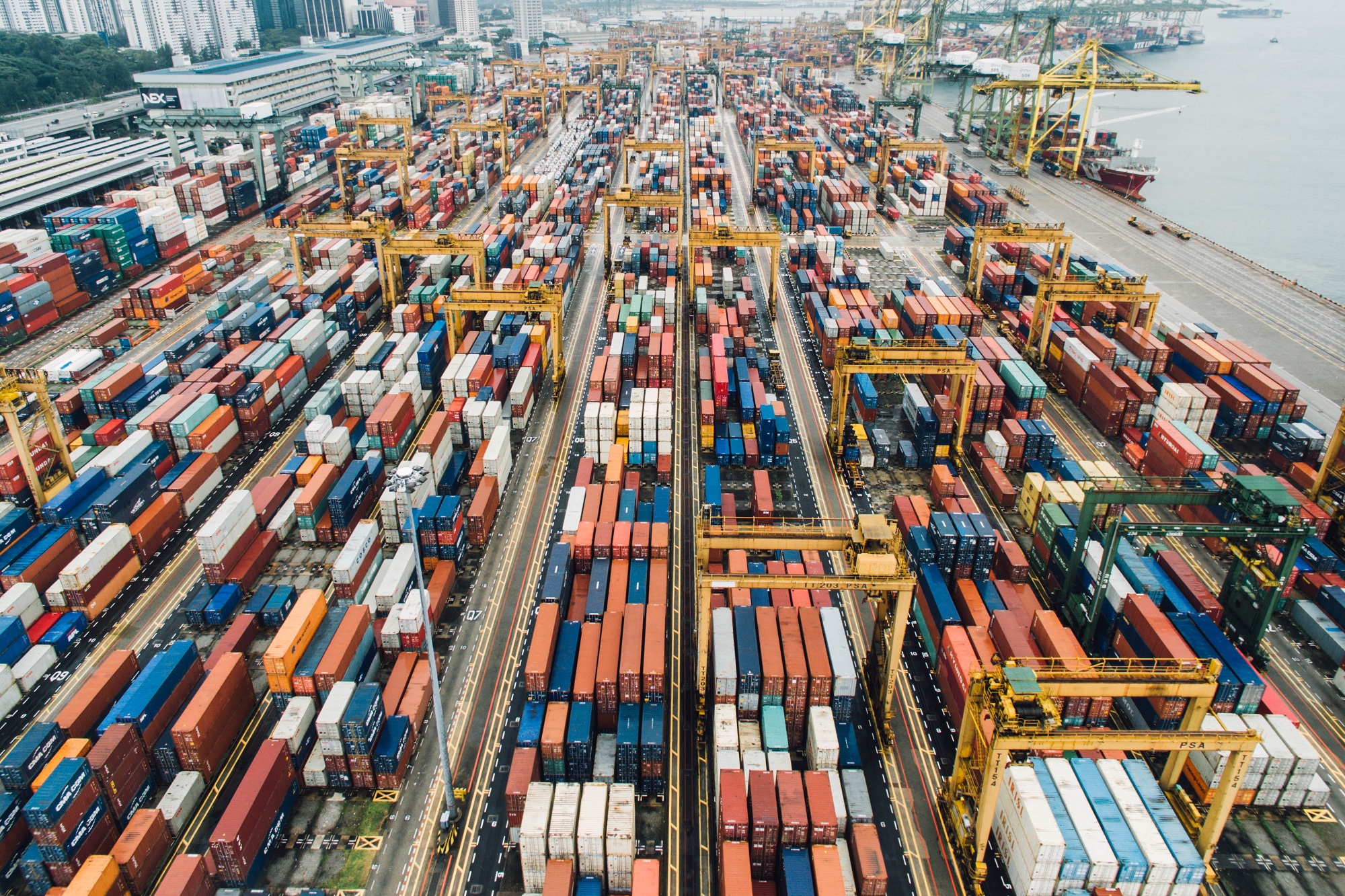In this article, we will analyse the upcoming challenges for trade carried out between the United Kingdom (UK) and the European Union (EU) from a VAT and customs perspective, and provide you with an overview of the key issues that need to be considered in order to prepare for Brexit. Does your company sell goods or supply services to customers in the UK? Does your company purchase goods or services from suppliers in the UK? Or does your company transfer goods via the UK? If so, you need to start preparing for Brexit.
The UK left the EU on January 31, 2020. However, both parties agreed upon a transitional period in order to negotiate and try to reach a deal for the future. This transitional period will end on December 31, 2020 and it has been confirmed that the UK will not extend this period. Presently, the negotiations are proving difficult. With every passing day, the risk of a hard Brexit increases. For VAT purposes, a hard Brexit would mean that the UK will be treated in the same way as any other non-EU country (e.g. the United States).
Adjusting to Brexit will take time
Regardless of the outcome of the negotiations, companies trading with the UK will need at least several months to adjust their business, systems and administrative processes. When it comes to VAT and customs (obligations), it is better to be safe than sorry. More insight into the current legislation and the fundamentals of VAT and customs may be beneficial.
The end of the free movement of goods
If the UK is to be treated as a non-EU country for VAT and customs purposes, the principle of free movement of goods will no longer apply. As a result, trading and moving goods between the UK and the EU will become subject to import and export formalities. Moving goods could lead to obligations, however this does not automatically mean that those obligations will arise for every company involved. Therefore, it is important to determine your role in the supply chain and the associated obligations.
Key points of attention for Brexit preparation
We have listed a number of key points that companies should take into consideration, from an EU perspective, when preparing for Brexit.
Supply chain
Evaluate the supply chain. Determine your role in the supply chain and the possible impact of Brexit. Examine the changes that can be made in order to create a more favorable position.
Customs & Incoterms
When trading with the UK, goods will be exported out of, and/or imported into, the EU. This will trigger customs formalities. It is important to review and agree upon the correct Incoterms with the suppliers and clients involved in these trading activities, and to make sure that the import of goods is carried out by the correct party.
Import VAT deferment license
Upon importing goods into an EU country, import duties and import VAT are due immediately. However, the Netherlands offers a special import facility: the import VAT deferment license. Under this license, Dutch import VAT is not paid at the moment of import. Instead, it is reported as VAT due in the Dutch VAT return. Companies with a full right to deduct VAT can reclaim the import VAT in that same VAT return. On balance, no VAT would therefore be due with regard to this transaction.
This is beneficial for the cashflow of the company because there is no need to pay VAT up front at the moment of import. The import VAT deferment license is available for all companies importing goods into the Netherlands, regardless of where these companies are established. We would be happy to assist your company with obtaining this license.
Tax representation
Certain types of companies that do business with the UK, require tax representation. This is for example the case for a company that is not established in the Netherlands and that intends to import goods from the UK into the Netherlands, making use of the import VAT deferment license. Don’t forget to check your position and appoint a tax representative in time, if required. Obtaining a license to act as tax representative may take some time. In other EU countries, a tax representative might even be mandatory in any situation where a UK business will have VAT reporting obligations after December 31, 2020.
Logistics partner
Trading with a non-EU country could become more challenging, compared to trading with an EU country. Make sure that the right arrangements are in place. Moving goods can take more time due to formalities and border controls. Amongst other things, this could lead to higher costs. It could also mean your company needs (more) warehouse facilities. Operating your own warehouse could under certain circumstances lead to a fixed establishment for VAT purposes, in that country. This may be undesirable and we therefore strongly recommend that you check your VAT position before starting with such operations.
(ERP) system
The VAT treatment related to supplies of goods or services will most likely change if the UK is considered a non-EU country. Those changes must be implemented in your (ERP) systems, in order to be able to file the correct VAT returns, and to ensure that your invoices comply with the new VAT invoice requirements.
UK VAT
If your company does not have or need a VAT registration in the UK, you should check your position for the UK input VAT incurred by your company. The process of filing refund requests in the UK will change for businesses established in the EU.
Start preparing!
We understand that Brexit and its possible outcomes are hard to predict and that this situation leaves companies with a great deal of uncertainty. However, the clock is ticking. Once you have determined your (ideal) position, it may take several months before arrangements are in place.
We strongly recommend that you start your Brexit preparations sooner rather than later. Delaying action may have unwanted consequences. If, for example, the negotiations were to be abandoned in October or November, there would undoubtedly be a run on government services (e.g. Customs authorities staff), and on the services of supporting parties (e.g. advisors and agents). This will of course increase prices and may even lead to a situation in which your company will not be able to complete the implementation of changes by December 31, 2020. Therefore, it is better to be overprepared and safe, than underprepared and sorry.
If you have any questions or if you want to discuss your (ideal) VAT & Customs position, feel free to contact us.
This content was published more than six months ago. Because legislation and regulation is constantly evolving, we recommend that you contact your Baker Tilly consultant to find out whether this information is still current and has consequences (or offers opportunities) for your situation. Your consultant will be happy to discuss the latest state of affairs with you.
Other insights
-
EU Deforestation Regulation (EUDR): stringent rules for importers, operators and traders
-
Customs Talks: How the new EU Deforestation Regulation (EUDR) will impact business with the UK
-
Budget Day 2024: overview of the new tax plans & proposed legislation





